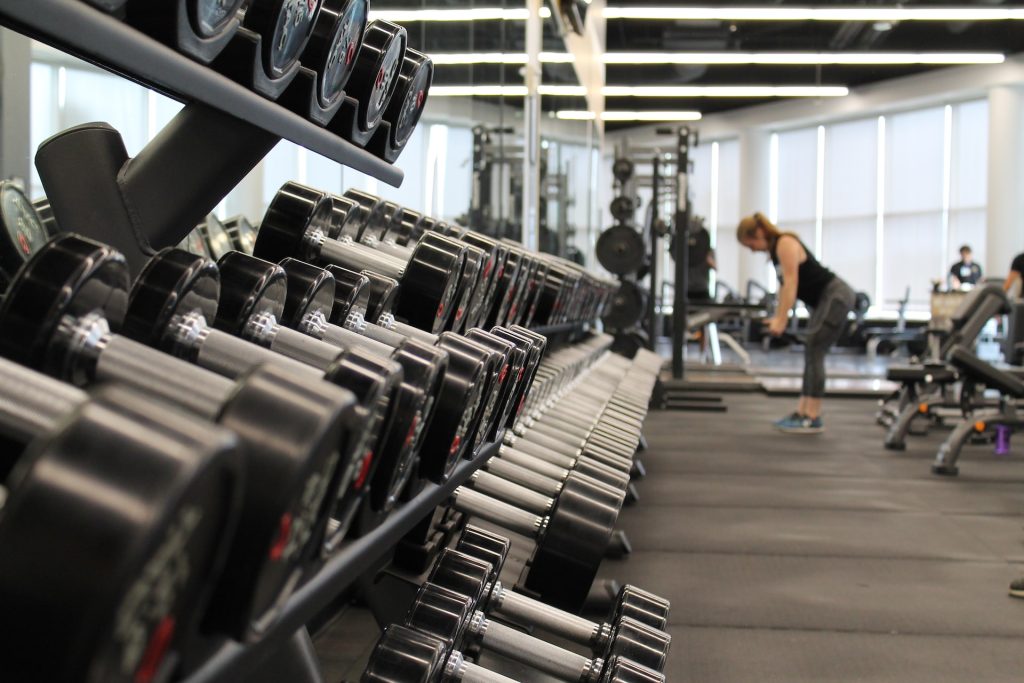Sport Supplements – Benefits and Disadvantages That You Should Know About

Does the sports supplement function as it is claimed to? Do you have to workout on them? Are there any negative repercussions from consuming them? Given these few concerns, it is preferable to learn more about the components and usage implications of sports supplements before ingesting them. This article’s goal is to review the most popular sports supplements using data from scientific studies.
How does a supplement for sports work?
Sports supplements are categorized as food supplements and are typically consumed before or after exercise. This supplement is offered in a number of formats, including tablets, powders, and liquids. In 2016 the dietary supplement market brought in $122 billion and is continually expanding.
In the modern world, coaches and manufacturers of sports supplements are concerned with enhancing athletes’ performances, enhancing fat burning, and promoting explosive muscle growth through the use of these items. As a result, you can start to believe that using sports supplements is necessary for effective training.
Supplements prior to exercise
Pre-workout vitamins provide you energy and endurance. Pre-workout supplements can be used at any time, however it is typically advised to take them 15 to 30 minutes prior to exercise.
The benefits of the following comprimé stéroides anabolisants in pre-workout supplements are supported by scientific research. Experts in sports nutrition believe that these supplements are very beneficial and risk-free.
 First, beta-alanine
First, beta-alanine
Beta-alanine is an amino acid made in the liver that can be found in all forms of red and white meat. Taking this supplement for two to four weeks at a dose of four to six grams per day can enhance athletic performance.
– The efficacy level
Sprinting and high-intensity interval exercise are better suited for using this supplement. Beta-alanine ingestion has also been linked to a reduction in neuromuscular tiredness, particularly in elderly persons.
Because it allows an athlete to work out harder and for longer, beta-alanine improves muscle mass.
– Dosing
Without suffering any negative side effects, healthy persons can use this product in the recommended dosage. A smaller dose (1.6 grams per day) or the use of sustained-release supplements can lessen the possibility of experiencing tingling or numbness in the hands and feet or other parts of the body after taking beta-alanine supplements.
Caffeine 2.
Caffeine is a stimulant that is commonly found in pre-workout supplements to enhance athletic performance during brief, intense, and endurance workouts.
– Dosing
According to the International Olympic Committee, athletes who engage in rigorous training or compete should ingest 3 to 6 mg of caffeine per kilogram of body weight an hour before exercising.
It has also been demonstrated that consuming caffeine before and during exercises in doses of 3 mg per kilogram of body weight (or roughly 200 mg) enhances athletes’ long-term performance.
– Use-related complications
The recommended caffeine intake is advantageous, but greater doses—9 mg per kilogram of body weight and beyond—do not appear to enhance performance. In addition, drinking too much coffee makes you feel nauseous, anxious, and sleepless.
Experts recommend a daily limit of 400 mg for caffeine usage. Before utilizing pre-workout supplements, it’s crucial to look at the nutritional value table on the product packaging. Some exceed the permitted level of caffeine.
There are other pre-workout pills on the market that contain pure caffeine powder. You should refrain from taking pure caffeine powder because even modest dosages might result in unintended overdoses. For adults, a lethal dose of one tablespoon (10 mg) of pure caffeine powder has been associated with multiple fatalities.
Creatine 3.
One of the most well-liked supplements for bodybuilding, creatine, has a strong body of research to back up its usefulness. This chemical, which is acquired from shellfish and red meat, is retained in muscle tissues as a byproduct of amino acid synthesis in the body. Supplemental creatine gives muscles energy.
Scientific research shows that consuming creatine enhances performance during strength training and high intensity interval training in addition to enhancing muscular growth and strength.
– Dosing
According to the recommendations of experts, 5 grams of creatine should be consumed every day. When the muscles’ creatine stores are fully saturated, you can maintain them by ingesting 3 to 5 grams of creatine per day. This amount can be consumed four times per day for 5 to 7 days to raise the muscles’ creatine reserves.
– Use-related complications
Scientific research has shown that creatine is a safe dietary supplement. Before consuming creatine if you have kidney illness, talk to your doctor.
L-arginine (4)
The body requires branched-chain amino acids like L-arginine for protein synthesis. Additionally, L-arginine is crucial for the synthesis of nitric oxide, which relaxes the smooth muscles in the blood arteries and increases blood flow and oxygenation.
The significance of L-arginine in enhancing athletic performance and its use as a pre-workout supplement is not sufficiently supported by research.
Take the following sports supplement after working out:
Sports supplements are used to build muscle after exercise. These nutritional supplements improve muscle volume by encouraging muscle growth and repair. In the section that follows, we look at the most prevalent ingredients in post-workout supplements.
1. dietary fiber
Glycogen stores after exercise need to be restored with enough carbohydrate intake for muscle regeneration. Additionally, commencing the following training session with enough glycogen reserves enhances athletic performance.
– Dosing
Depending on the duration and intensity of the exercise, a range of 3 to 12 grams of carbohydrates per kilogram of body weight are needed after exercise.
After a brief walk, 3 to 5 grams of carbs per kilogram of body weight are sufficient.
5 to 7 grams of carbohydrates are needed for every kilogram of body weight when cycling at a moderate intensity.
The athlete needs 6 to 12 grams of carbs per kilogram of body weight in order to adequately replenish glycogen stores after a strenuous workout.
 Protein 2.
Protein 2.
Experts recommend that athletes who engage in rigorous exercise to increase or maintain their muscle mass ingest 1.4 to 2 grams of protein per kilogram of body weight per day. There are two ways to get this much protein:
There are many different sources of protein powder, including milk, eggs, and soy. Soy protein is found in soybeans in addition to the whey and casein proteins found in milk, and egg white is typically used to produce egg protein.
– Protein types
All of the necessary amino acids are present in both casein and whey proteins, although they are absorbed by the body at varying rates. Casein is digested later than whey protein and is not soluble in water like whey protein is.
Avoid using these 2 supplements if you have a dairy allergy or digestive issues to prevent negative side effects. Soy protein has advantages for vegetarians and persons with food allergies. Contrary to many other plant proteins, the amino acids in soy protein are adequate.
Branch-chain amino acids 3. (BCAAs)
Leucine, isoleucine, and valine are three amino acids that have a unique chemical structure known as branched chain amino acids in addition to the nine necessary amino acids.
There are two ways to get branched chain amino acids. Consuming meals high in protein, such meat and eggs, is the first option. Supplements are the second.
Branch-chain amino acids, particularly leucine, which helps inhibit protein degradation, have been found to be important for muscle protein synthesis.
Branched-chain amino acids help to maintain muscular mass while also reducing pain and tiredness in the muscles after exercise.





